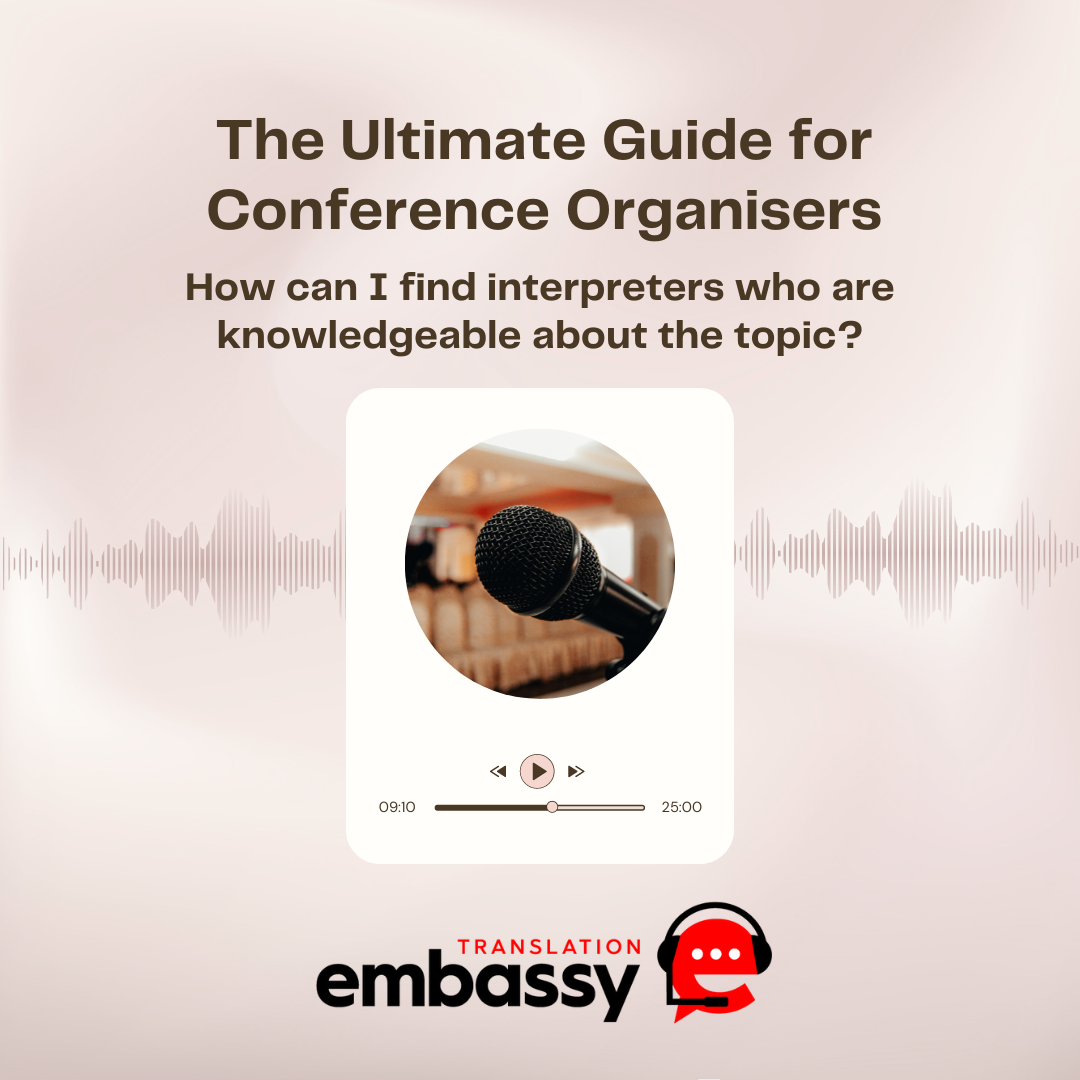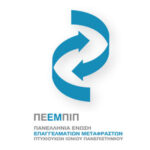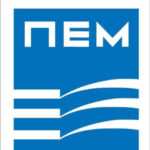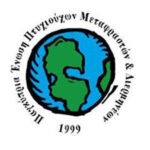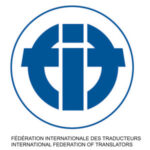One of the usual worries of clients that get in touch with us is the concern as to whether the interpreters have the specialized knowledge required for each conference’s topic. Our clients’ conferences concern various subjects and every time we are faced with the request: “I need interpreters who are knowledgeable about agricultural machinery, construction of swimming pools, nuclear power, legal/medical issues etc.”. Sometimes the specifications set for the experience on a specific topic are so narrow and strict that no interpreter can actually fully cover them.
What you may not know though is that we ourselves have similar concerns as well about whether we will be able to meet a conference’s requirements, especially if the requests we receive only contain general and unclear information. It is different, for example, to refer to a medical conference in general than to specify that we are going to organize a meeting, where the new innovative drug X for Alzheimer’s disease will be presented and the researchers will describe this drug’s mechanisms of action.
Surely you agree that medicine is a very wide thematic area. Setting as sole criterion our wish to have interpreters with experience in medical subjects does not necessarily offer any guaranty. An interpreter that has previously worked at cardiology conferences does not automatically understand Alzheimer’s disease, pulmonary fibrosis or brain diseases. Each sub-field is a separate topic that even experienced interpreters should master from the beginning. On the other hand, if we limit our criteria too much by searching solely for interpreters with previous experience in drugs against Alzheimer’s disease, we might not find anyone. So, how do we deal with this issue?
Pay attention to the preparation
Let’s face it. None of us is a genius and can master in depth all subject areas of the human knowledge. Especially interpreters that are active in the free market are faced with a variety of topics, therefore it is not possible to claim that we are experts in all these fields. What we can claim, though, is that as trained professionals we have the method that helps us maneuver between all these topics and respond adequately to our tasks. This method is nothing else than preparation.
Preparation is a highly important part of our job. We always prepare before working at a conference, no matter how experienced we are. Preparation is basically what helps us familiarize with each topic and guarantees the successful execution of our tasks. Thus, what I suggest is paying more attention to preparation and not worry so much about whether your interpreter has previously worked with the same topic. With the right preparation, even an unexperienced interpreter who has just graduated from university and is now starting their career can respond satisfactorily.
What is important is that the interpreter you selected has the aforementioned method, because only then will they know how to handle the topic. Besides, as professionals we are obliged to act responsibly and be self-aware. When we believe that a task exceeds our capabilities, be sure that we are going to refuse the provision of our services. However, when we think that a topic is within our reach and we can handle it, you should not worry about whether we have worked on this exact topic in the past and how many times we did so. You should worry more about whether we have the necessary resources at our disposal in order to prepare correctly.
How does the host guarantee a correct preparation?
This is where the host’s role is of crucial importance. As hosts you can make sure to inform interpreters in a timely and detailed manner regarding the topics that will be presented and to provide them with preparation material in consultation with the speakers. Consider the time needed for research and make sure that the material is provided before the event, leaving a reasonable timeframe to interpreters for studying.
Bring them into contact with the speakers, so that any queries can be resolved. Don’t forget that speakers and interpreters are two factors that must coordinate between them impeccably at the day of the conference. Therefore, it is important to facilitate communication between them, so that they know what to expect from each other and exchange advice with each other in the light of a smooth conduct of the presentations.
If you are a company that organizes conferences regularly, take care of the interpreters’ training as you would do for your staff’s training. Similarly to a salesperson needing to have good knowledge of a product’s properties in order to successfully push it on the market, so is it important for an interpreter to be familiar with the characteristics of your goods and services, in order to be able to translate a foreign language presentation just as well, transferring the desired impact to the listeners.
A conference requires teamwork and its success depends on good cooperation between the participating factors. When preparation is conducted in this way, then nothing can go wrong.
Contact us for more advice
Translation Embassy provides professional conference interpreting services. Our team consists of professional interpreters with various language combinations and we can support you when planning your event. For example we provide:
- Interpreting services (simultaneous or consecutive) for your event (in person)
- Remote interpreting for online events
- Possibility to book a team of interpreters for a wide range of languages
- Help with the provision of technical equipment or an online platform, if necessary
- Specialized translations for the conference’s material or its commercial promotion to foreign bodies
Contact us at info@translationembassy.com.
Originally published in Greek here: https://www.synedrio.gr/πού-θα-βρω-διερμηνείς-που-κατέχουν-το-α/
Translated into English by: Nanette Agrafioti

